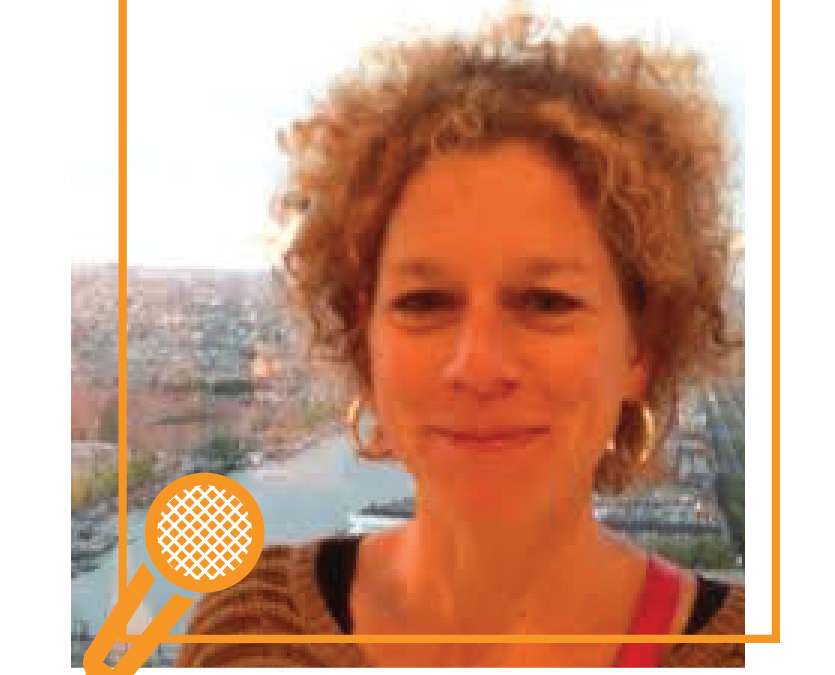Another year is about to come to an end. We talk with Mirjam Pulleman, one of the leaders of the Clima-LoCa project. How does she characterize 2023? and, what were the highlights?
“This third year of implementation of the Clima-LoCa project was a busy and exciting year. Our sampling team has seen all corners of Ecuador and Colombia to collect soil and plant material for gap filling of the regional soil and cadmium mapping and we are almost done! At the moment we have collected a total of 17.570 samples between soil, leaves and grains collection, these results are a combination between Clima-LoCa data and external data. This sampling has been carried out on 5984 cocoa farms in Colombia, Ecuador and Peru. “Martin, José and Valeria have done the bulk of the hard work to achieve this major milestone”.
“We have also set up some new research trials and on-farm pilots and continued to monitor existing ones. William, Leidi, Valeria, Freddy have done a great job in leading those activities in the different countries, of course with support from colleagues and partners on the ground in the different regions where we work. Many enthusiastic students also joined us to support those activities, while collecting data for their thesis. This way we combine additional data collection with training of a new generation of cocoa researchers”.
“But in terms of capacity building we have also organized training on soil health, led by Giulia, and on laboratory quality control for Cd measurements, thanks to Jesse and Elias. These training workshops have been a great success with around 53 participants. Another highlight of 2023 was the purchase of the new XRF equipments. Those are a real gamechanger, not only for the researchers but also for farmers and cooperatives “.
“Being a have started sharing the first results of the project, through technical reports and briefing notes, conference presentations and many presentations for diverse audiences at cacao-related events. Again, PhD and MSc students were very active in sharing their results at scientific conferences. One key publication targeting a broader audience is the regional synthesis of the socio-economic impact study on the impacts of the EU food safety regulation”. If you missed it, find it here, in English or Spanish.
And finally, we have started to develop activities in all three countries aimed at co-designing contextualized strategies for mitigation and scaling, together with our partners on the ground as The Strategy: Co-Creating resilience: Actors in the cocoa chain facing regional challenges.
None of this would have been possible without our amazing research teams and laboratory staff in Colombia, Ecuador and Peru, as well as those supporting administrative tasks, logistics, finance and contracting processes, among others! Also crucial for the progress made is the support of our growing team of collaborators on the ground.
The project will continue for another 2 years! An extension for an additional 12 months until December 2025 allows us to continue monitoring mitigation practices and genotypes in field trials and pilots for a bit longer to obtain more robust results. It also gives us more time for the co-design processes and for dissemination of project results with farmers, farm advisors, researchers, governments and businesses in the cocoa sector dealing with impacts of climate change and/or food safety regulation. Together we will make this project fulfill its ultimate goal: to strengthen the resilience of the cocoa sectors in Colombia, Ecuador and Peru in the face of food safety regulation and climate change!”

